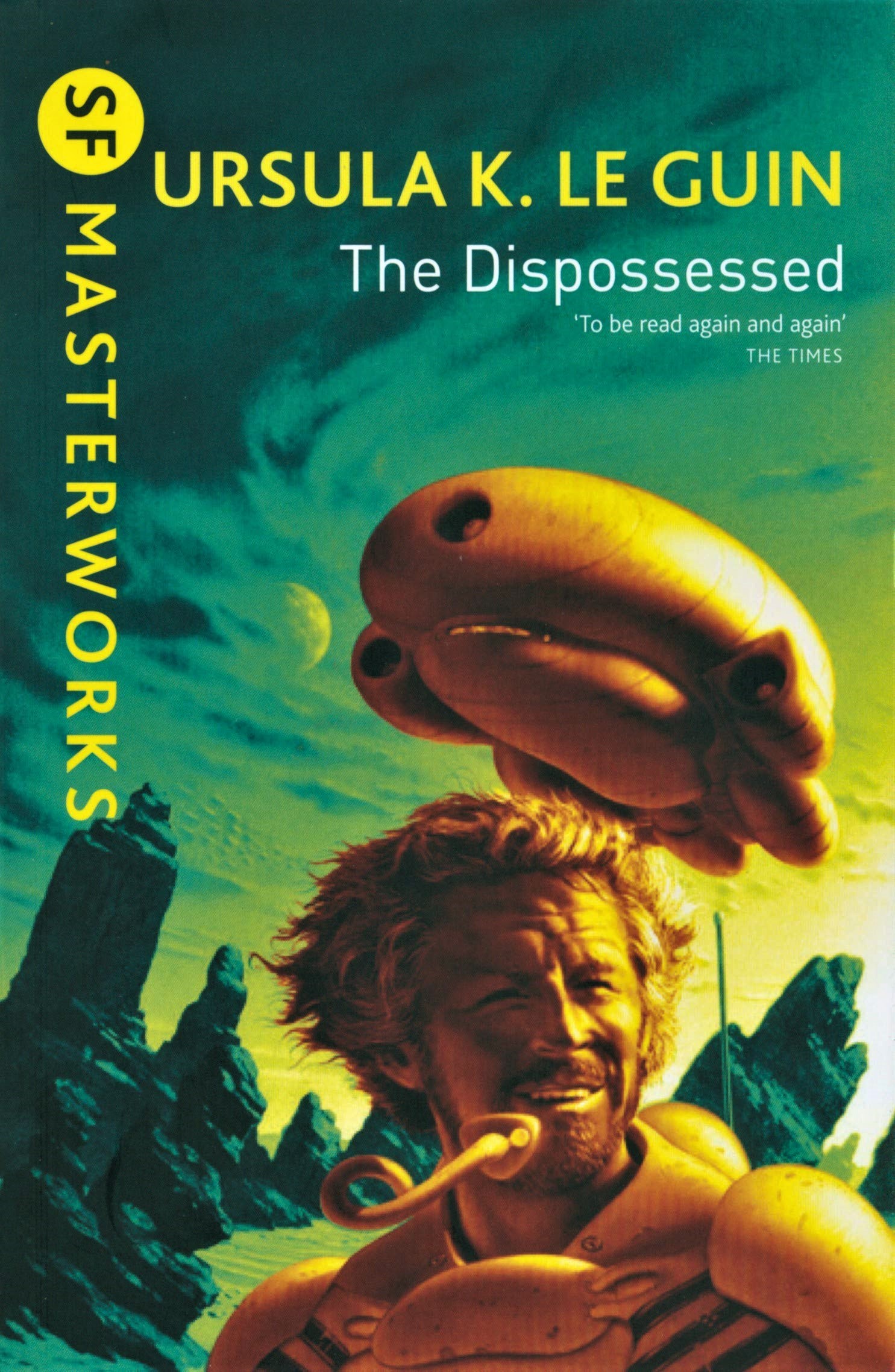Darko Suvin needs no introduction probably. Altough SF authors and writers in general (no intention of dissing them as a group) tend to ignore the theory of SF studies, Darko Suvin, an ex-Yugoslav who emigrated in 1967 has been probably the single most important person responsible for getting Science Fiction recognized in Academia. After he started teaching at McGill University in Canada – others like Frederic Jameson also started taking a vivid theoretical interest in a previously disdained and minor literature (in Deleuze’s sense), so much so that the entire academic field of Utopia Studies and SF was more or less shaped by these two important Marxist critics and theoreticians. I appreciate Professor Darko Suvin’s position since he is straddling both Western and Eastern Marxist traditions in a way and also because Yugoslavia was such a special case being actually open to various directions of thought. In a sense this valuable bibliography of Soviet SF, of cosmicity starting with the post-Stalinist era and ending with the onset of the long decline and disenchantment of the 1970s and 1980s is a twilight full of starry sky and extra-planetary possibilities. Maybe even the possibility that the most precious things such as communism or socialism might be temporary, exceptional moments and that all that was more fragile than its capitalist opponents presupposed, a transient system that in our part of the world gave way to today’s “contemporary political subject is plunged into a miserable combination of neoliberalism, neo-imperialism, and neo-nationalism (not to say neofascism)” in the words of philosopher Max Penzin, and maybe “able to produce both a calming and an invigorating effect” like Evald Ilyenkov’s speculative cosmology. Some are probably not yet translated but I hope they will find a way to future readers.
There is a sense in which we are still catching up to the various deletions – schools of critical thinking and what used to be Eastern European Marxism (from the former East bloc, especially the particularly neglected array of SF authors from the former Soviet Union, that would help us explore other venues taken than the usual liberal Western canon (see the emergence of an alternative epistemology).




